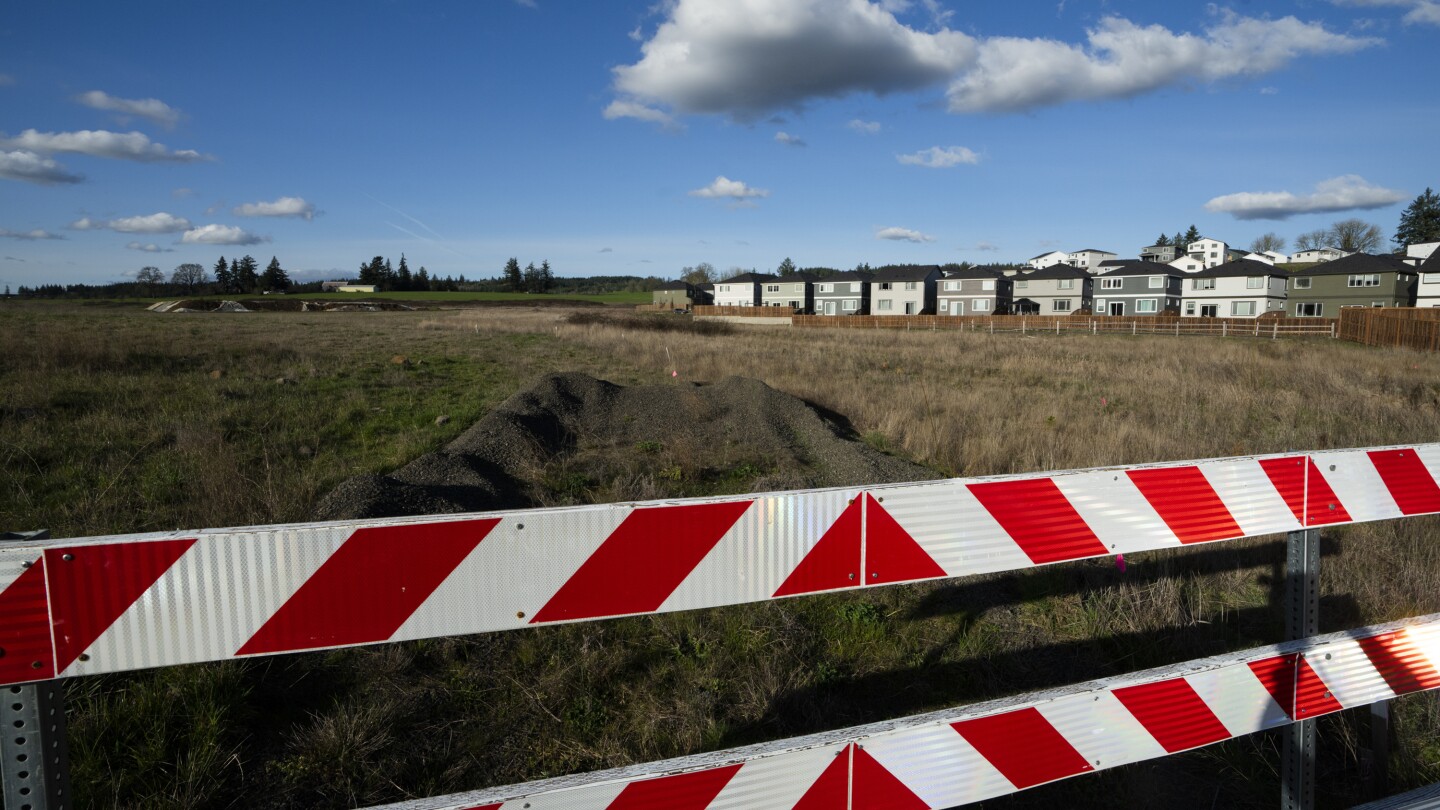A severe lack of affordable housing has prompted Oregon lawmakers to consider chipping away at a 1970s law that made the state a national leader in leveraging land use policy to prevent suburban sprawl and conserve nature and agriculture.
The so-called urban growth boundary, a sacred cow of Oregon’s liberal politics, helped to cement the state’s green reputation and has been “extremely influential” in its development, said Megan Horst, an urban planning professor at Portland State University.
“I can’t overstate it,” she said of the half-century-old law. “All that farmland would likely be a sea of strip malls and subdivisions, as they are pretty much anywhere else in the country.”
But interconnected homelessness and housing crises have forced exceptions to be considered by lawmakers, including Democrats who have historically defended the landmark policy.



You can’t build your way to housing affordability. They are wasting land and resources, will still all be sold to corporate and wealthy and rented back to you at whatever “market” price they ask for. There are empty apartments and houses all over the place. Sorry for the rant.
rants are accepted
Yep, kinda like how adding more lanes to a freeway doesn’t help traffic meaningfully. You can’t fix systemic issues with short term solutions. Write housing policies that work, and you won’t even need more homes. There are millions of empty homes in America right now. The problem is capitalism